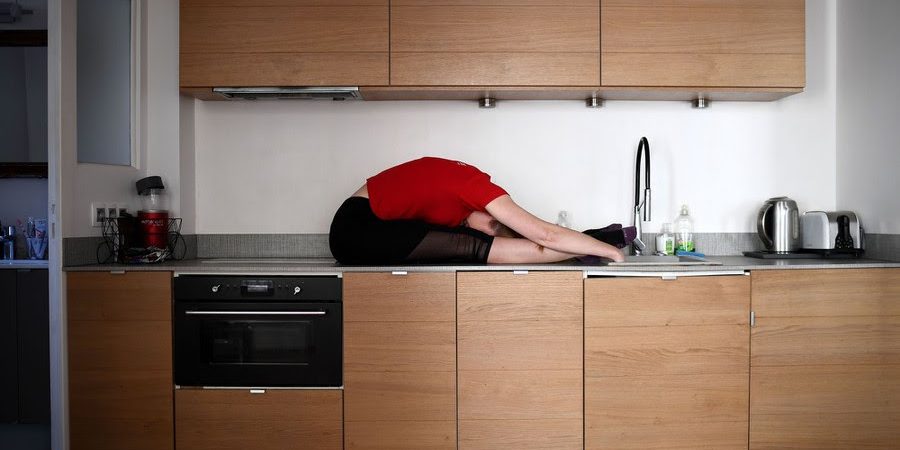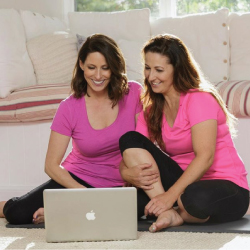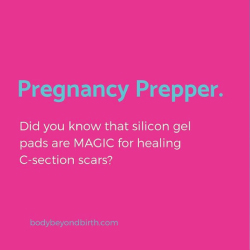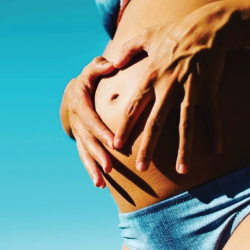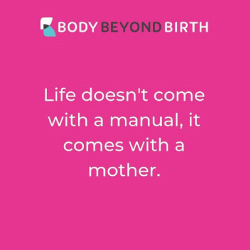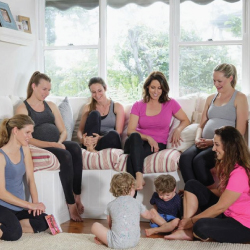Get peace of mind – and a path forward – with this easy test
Diastasis recti – or the separation of your front abdominals down the midline – is not fun. We won’t try to dress that up.
And it’s common, too. In fact, about two thirds of pregnancies result in some kind of abdominal separation. If you’ve experienced this condition, you’re not alone, mama!
But even though it’s serious and common – and painful when it occurs – it’s not a reason to panic. Actually, most cases of diastasis recti can be cured with proper postnatal exercise!
And that’s a relief, because you know you can feel like yourself again without magic, divine intervention, or spending a fortune on secret, “sciency” products that don’t deliver on their promises.
You just need a mat, a plan, and a few minutes a day.
How to tell if you’ve got an abdominal separation after giving birth
But first, let’s talk about how to assess if you’ve got a separation in the first place.
For obvious reasons – you know, like the fact that your belly morphs into a huge basketball during pregnancy – all women experience reduced strength in their core after they have a baby. But reduced strength is not the same as a separation.
Women with an abdominal separation:
- Can’t activate their abs properly when trying to get up from the couch or out of bed, etc.
- Might feel pain in their midline during or after pregnancy
- May have a bulge down the middle of their tummy, which appears when rolling over in bed or during activities like coughing
If you’ve read the above and you’re still not sure if you’ve got a separation, there’s an easy way to test yourself.
The simple diastasis recti test
- Lay back on your mat with your knees bent to the ceiling.
- Place three fingers on the midline of your belly, about three finger-widths above your belly button.
- Press your fingers vertically into that spot, like you’re pointing through your belly to the ground.
- Now curl your head and shoulders off the mat, like you’re considering doing a sit-up. This will firm up your frontal abdominal muscles so you can feel if there is a separation between them.
- Since each finger is about 1 cm wide, the number of fingers you can fit between your abdominals is equivalent to the width of your separation in centimeters.
- If you’re a 3 fingers or below, whew! Congratulations. If you’re anywhere above that: read on.
What to do if you’ve got a separation.
First of all, don’t freak out. Like we said, diastasis recti is common, uncomfortable – and *totally* fixable.
Second, get clear on what NOT to do. Whether you are pregnant or newly postpartum, it’s crucial to never put strain on the front of your tummy by doing sit-ups, crunches, planks, or any movement that remotely resembles them. This will cause more damage and leave you worse off! If you see your tummy “doming”, stop what you’re doing right away.
Last, it’s time to strengthen your deep core.
Your deep core is made up of muscles that act like a corset, cinching your spine and middle up nice and tight so that you feel strong, stable, and prepared to do any activity, from picking up the groceries to going for a run.
Your deep core *loves it* when you draw up your pelvic floor and pull your belly button into your spine. Before you begin any exercise program–and we recommend Pilates-based workouts to heal abdominal separations–be sure to engage your pelvic floor and deep abs.
Ready to go deeper, but not sure where to start? We’ve got some fabulous, safe healing options for every fitness level!



